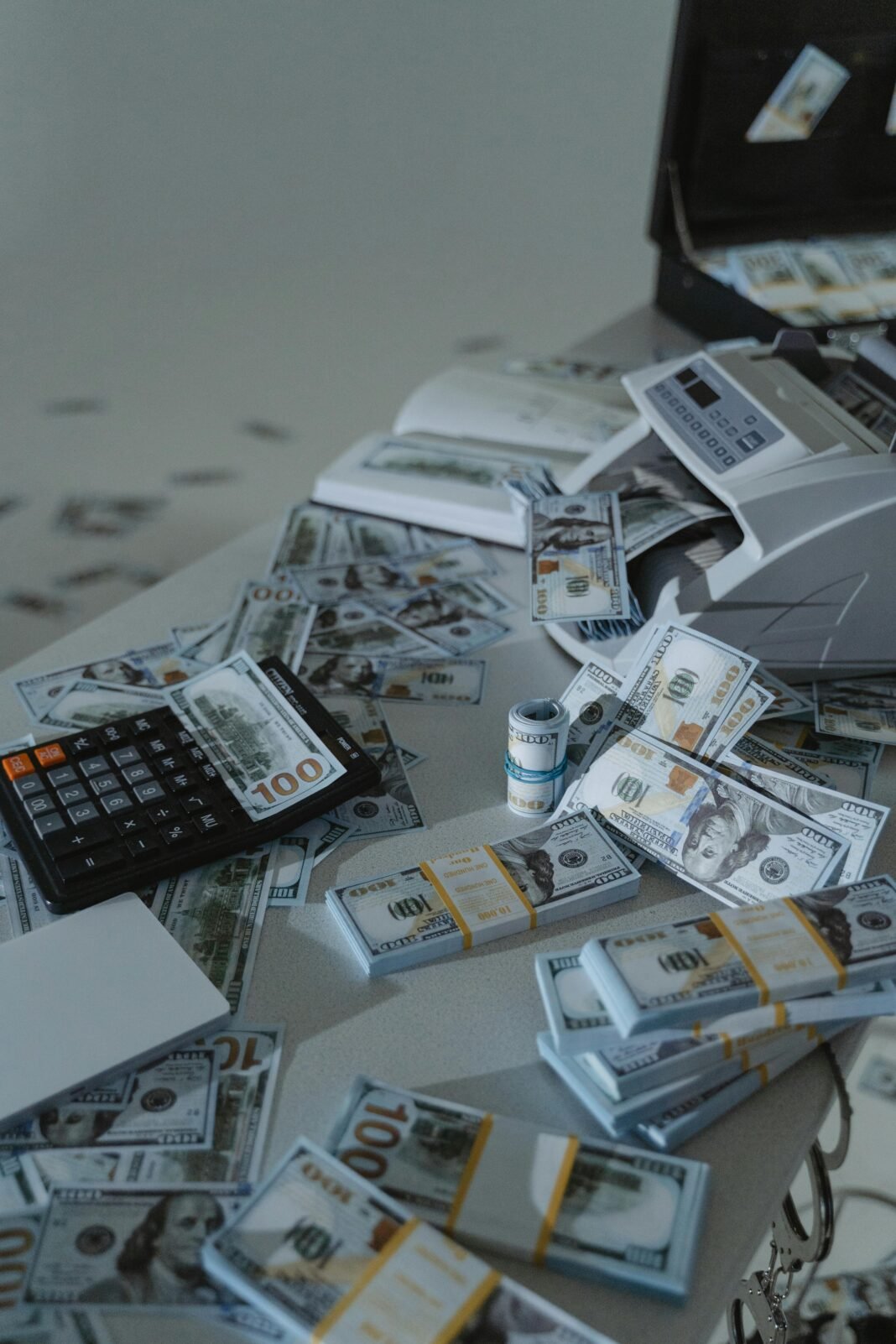Iraq begins a determined effort to recover its long-lost wealth abroad, commonly known as the Iraq forgotten fortune. The campaign gained urgency after Somalia’s president revealed that an Iraqi-built oil refinery near Mogadishu remains intact. This discovery sparked fresh momentum to locate Iraq’s other forgotten assets.
Soon after, Iraqi lawmakers formed a dedicated committee. They called on the foreign ministry to respond without delay. Government officials then began a global effort to locate Iraq’s lost international assets, originally acquired during the country’s oil-rich years. These holdings include villas, royal residences, agricultural estates, and refineries scattered across multiple continents.
During the oil boom, Iraq made major international investments. It bought plantations in Asia, luxury properties in Europe, and key industrial sites in Africa. These acquisitions were meant to boost Iraq’s economic reach and global partnerships. However, the Iraq forgotten fortune vanished from records after years of conflict and sanctions.
Over time, many buildings were sold illegally, seized, or left to decay. Some were taken over by squatters or even armed groups. While Iraq focused on domestic rebuilding, these overseas assets faded from government memory. Discussions about the Iraq forgotten fortune became more common in media and parliament.
Now, Iraq wants to restore what it lost. The government is reviewing embassy records and working with retired diplomats. These experts are helping map the entire Iraq forgotten fortune and verify ownership. Lawmakers aim to build a clear property list to support legal claims and diplomatic outreach.
Still, many barriers remain. Iraq lost many original ownership documents. Disputes over legal titles now slow the process. Some properties changed hands under unclear conditions. Courts in other countries often require solid proof, and not all foreign governments are quick to assist.
Internal obstacles also exist. Some Iraqi figures may try to block recovery efforts to protect their personal interests. In response, legal experts recommend using international treaties or appealing to global courts when necessary. These steps may help Iraq reclaim its forgotten fortune more efficiently.
Financially, even partial recovery of the Iraq forgotten fortune could help ease the country’s oil dependency. Reclaimed revenue could support essential services and economic diversification. With more than 90% of state income coming from oil, every additional dollar matters.
Politically, this effort could rebuild public trust. It shows Iraq is taking action against mismanagement and lost public wealth. The recovery of the Iraq forgotten fortune can mark a new phase of national responsibility and global engagement. If successful, this campaign will remind the world that Iraq protects what belongs to its people.





